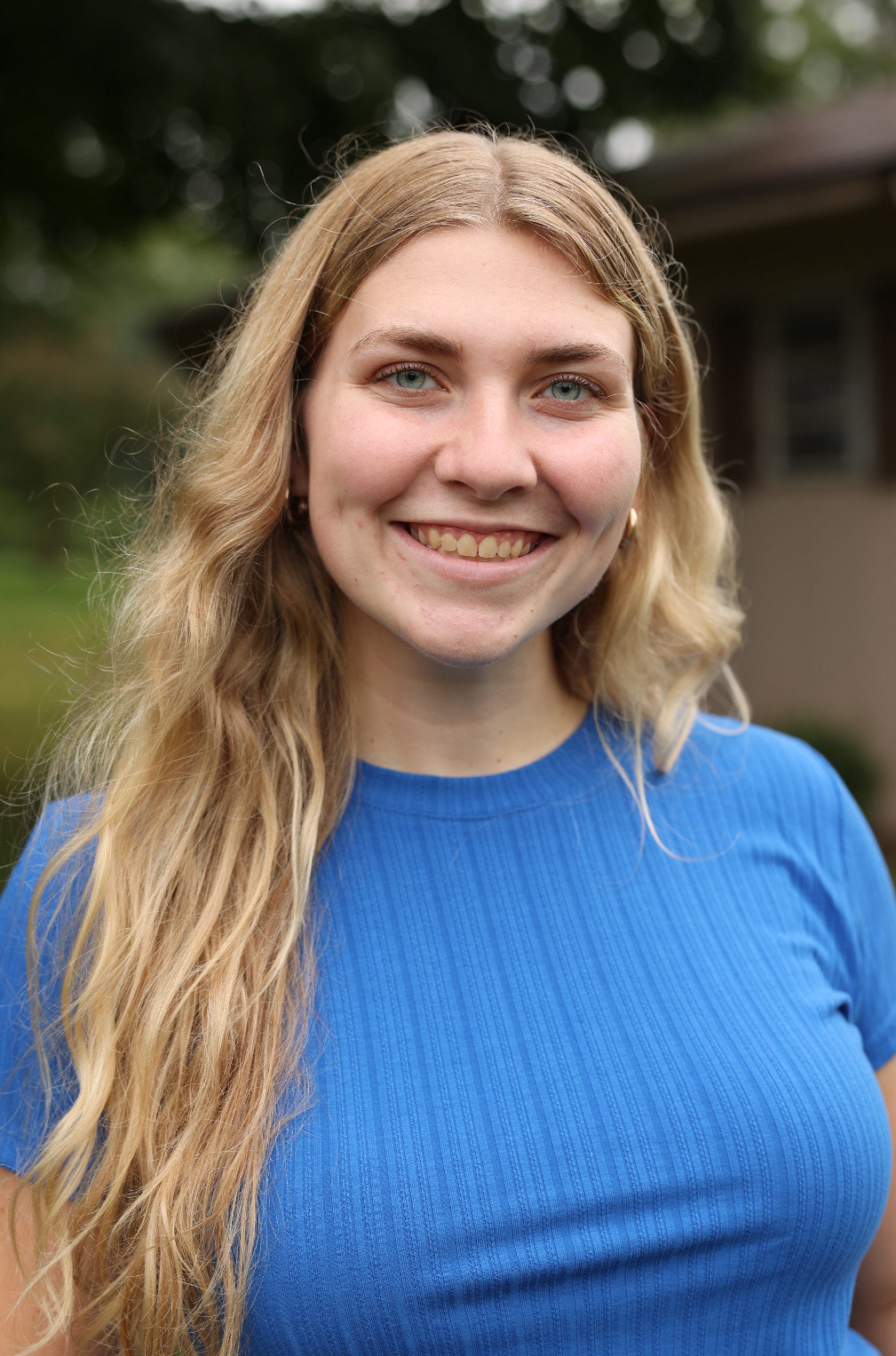
By Jordan Hildebrand ‘26, staff writer
As a prospective student teacher, it is easy to see the future and feel overwhelmed; for Sara Dintiman, the future is coming quickly as she must choose her role in the field of education.
Dintiman, a senior English and psychology double major with a specialization in secondary education, is on track to become a student teacher as she works through one of her last semesters here at LVC. With every passing day, she comes closer to making the right call for her.
Prospective student teachers have a lot to look forward to, as they are placed in the classroom with close to full-time hours, requiring the same dedication and effort as a regular teacher. For Dintiman, there is much to be excited about.
“The thing I am most looking forward to is just seeing how [the student have] grown over the course of the year,” Dintiman said. “But considering I will be teaching from start to finish, it is going to be so rewarding to see the role I’ve played in their growth over the semester.”
As a scholar, one’s primary interests are learning and sharing knowledge with others. Student teaching and teaching as a profession thrive on the exchange of information between teachers and students.
Dintiman didn’t always have an eye for being in the classroom per se, but has grown into her love for the profession through her time at LVC. However, it doesn’t guarantee that everything will be operating perfectly; the profession has its own host of reasons it might scare someone.
“One of the parts that scares me the most is trying to find the right balance between perfecting my craft of teaching and honing my connection to my students,” Dintiman said. “I’m afraid of getting too wrapped up in teaching and not being able to connect with my students.”
Teaching is a mutual effort. Teachers learn from students how to better adapt their teaching styles, and students learn from teachers the skills necessary for success in a world outside of their classroom. Dintiman’s fear of not connecting with her students is a common concern among those who choose this career path.
Regardless of whether Dintiman saw herself in the classroom, she has always been interested in working closely with others to learn and teach them in some capacity. Learning and sharing knowledge are some of her favorite things to do, which have led her down this road.
“I definitely love teaching people and working closely with my peers,” Dintiman said. “I’ve always seen myself going into education in some capacity. I didn’t mind if I was doing something like counseling, I just knew this was one of my favorite things.”
But having this passion for education comes at a cost. Just like with any field, it has its ups and downs, which can lead to moments of questioning if you’re even in the right place. Dintiman’s journey through her life has led her to develop similar questions.
“I didn’t actually start in secondary education,” Dintiman said. “I’ve less so questioned going into education as a field, and more so what role I want to play in it. I see myself playing more of a ‘supporting role’ in education, supporting students from a different angle.”
Dintiman wants to focus on the psychological aspect of education, providing for kids in different ways to meet the needs they may not get otherwise from their classrooms. She wants to meet students where they are at and increase their odds of success.
LVC’s education department, in the midst of its changes, has provided Dintiman with sufficient support to feel prepared for what is to come. She also cites her psychology peers and professors as a vast source of inspiration and alternative perspectives on her career choice.
It is worth noting, though, higher and secondary education programs are undergoing significant changes worldwide. Opinions on these changes have become a source of contention, arguably posing one of the biggest challenges for those considering a career in education.
“There is somewhat of a negative attitude surrounding education, and the way schools are being run right now,” Dintiman said. “So, I am choosing to pursue this career path through those uncertainties and choosing to recognize the good in education because so much good can come from the educational world.”
For Dintiman, as she gets closer to her student teaching and even closer to graduating and becoming a teacher in her own right, regardless of whether she sees herself using more psychological skills or the skills she has learned through the education department, she knows she wants to end up in a school in some capacity.
It was never about just finding a career; it was always about helping others and teaching others in a unique way to set them up for a life full of success. Life for all prospective student teachers is always wildly different, but one similarity among these individuals always remains: an unwavering passion for watching others grow under their guidance and learning more with the skills provided by mentors.

